Artificial Intelligence - Are Our Jobs At Risk?
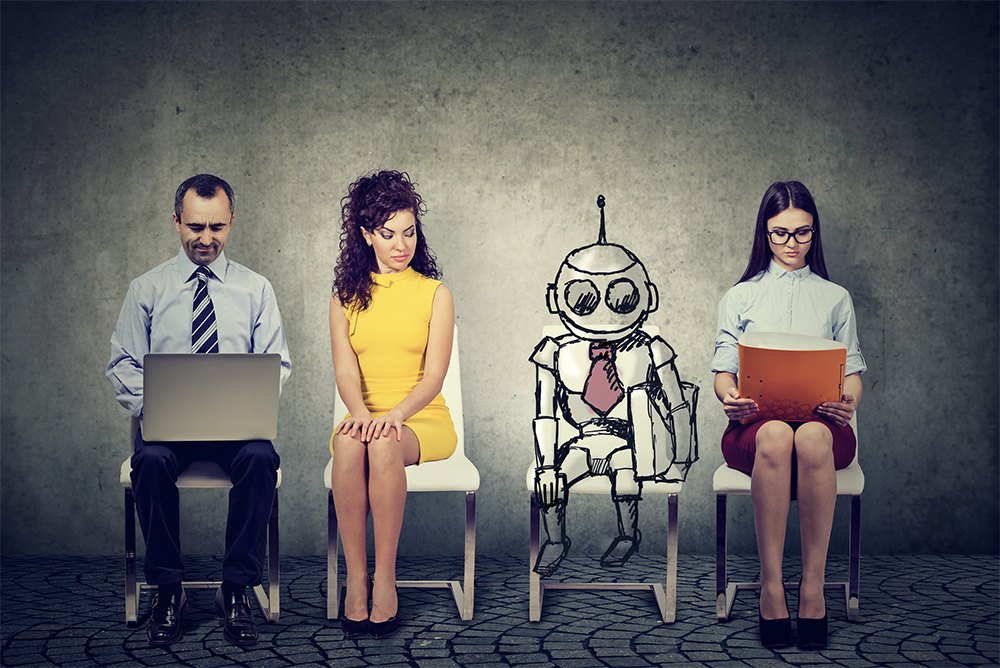
Section 1: Artificial Intelligence and the Future of Work
A survey conducted by the PricewaterhouseCoopers (PwC) on artificial intelligence - "Is your job at risk?"-- was a global, in-depth study conducted among 6,000 people from 22 different countries. Out of all the respondents who work full-time, 57% reported that their current job does not require cognitive skills but some sort of physical prowess, which they regard as "old-school". Of the total respondents, 90% are currently employed full-time, as compared to 40% who worked full-time in 2014. In India, 89% of the survey respondents are working full-time as compared to 82% in 2014. This shows an alarming increase in the percentage of people working full-time with only 27% of those surveyed claiming that they want to change jobs.
What is Artificial Intelligence?
Artificial Intelligence, or AI, is a set of computational techniques used to perform tasks and information processing, originally developed by British scientist John McCarthy in the 1950s and 1960s. AI is also one of the most advanced and fastest growing technology industries in the world. This industry is a billion dollar industry, employing many people and also providing employment opportunities to people. It is predicted to be a $1 trillion industry by 2035.
If this industry is increasing at such a speed and economic importance, what would it mean for a small nation like Singapore to make its own AI industry? It will have many repercussions on our life, our economy and our country in general. But, there is no stopping it and it is not a matter of if AI will replace us, but when.
The Rise of AI
Artificial Intelligence started as a much-hyped, vague thing, but today we are at the point where tech companies like IBM and Google are building research labs to develop the real concept. This evolution took off in the 1990s when IBM researcher Thomas J. Watson created a computer program called Deep Blue that beat world chess champion Gary Kasparov in a televised game. Since then, space technology and the human brain have been much more developed to utilize it's power.
AI is becoming more and more necessary in today's world, especially when large and sophisticated analytics run on today's technology is demanded, which is why AI is widely popular among companies and organizations for many purposes.
Will Machines Replace Us?
Yes. But, in the beginning, not all jobs will be replaced. Only those requiring a certain skill-set will be replaced.
Let's think of the jobs which require raw and specialized skills, the ones that require a holistic approach to a problem. For example, there are many drivers out there who can't be replaced by self-driving vehicles. They are perfectly capable of performing all of their tasks while driving, but a self-driving vehicle will be able to do those things in a more efficient manner. A better driver, however, will be able to improve the efficiency of a car that is driven by a machine. Similarly, if you had to rank the importance of each task of driving a car in order of importance, the process would be vastly different.
The Future of Work
In 2015, more than half of the population of the U.S. works in agriculture, transportation and warehousing, construction, manufacturing, and the service sectors. These numbers are almost unchanged from 1990 and are what we call the "lump of labour" in the system. Because these jobs have low pay, low prospects, and little opportunity for advancement, we see these jobs growing, despite an aging population and the need for new workers. We will start with the fact that according to a recent report by McKinsey & Company, jobs paying less than $20 per hour will fall to 1% of the workforce by 2020. This means that millions of people will lose their jobs, which can only lead to a reduction in consumption and subsequently, the economy.
Conclusion
The main concern is that machines are likely to perform more functions to which humans can be only partially compared. These tasks include the ones where manual (banking) intervention is needed or hard, labour intensive tasks that most humans find difficult or obsolete. This is a huge risk and would eventually make a huge number of humans redundant. The question is not about job security but the earning power of our future generations. Even though most people claim that there is little to worry about as more people will be encouraged to follow technical and creative careers, that might not be the case in a few years. The probability of a programmer losing his job to a machine is very high, at least in the near future.
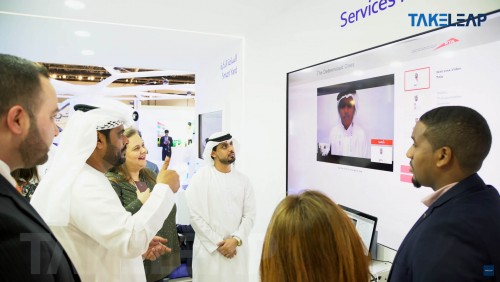

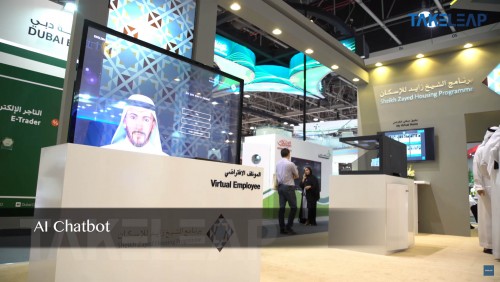

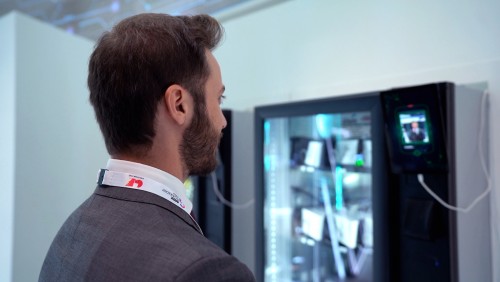
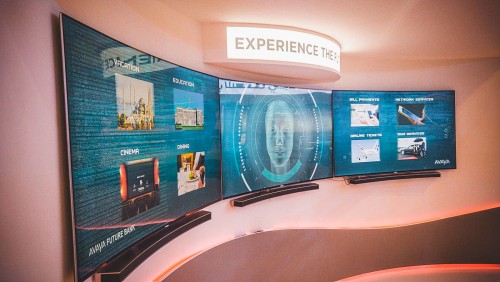

 Call
Call
 Mail
Mail